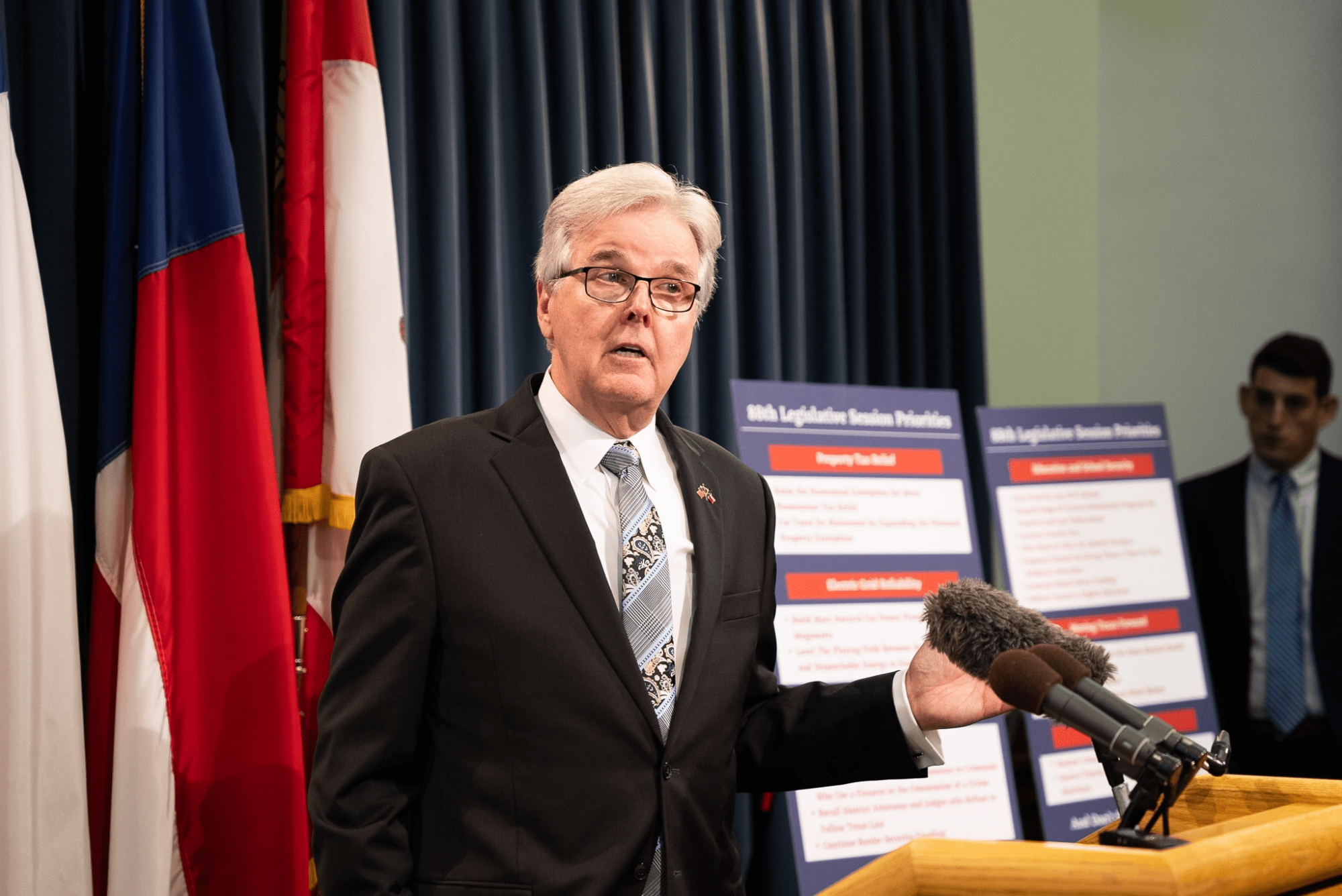Texas lawmakers are considering a measure that would prohibit Texas’ university funds from investing with companies that boycott Texas energy.
“The burgeoning fossil fuel discrimination movement is denying capital to our responsible, hardworking energy businesses, which means the energy we will need will be less affordable and less secure,” explained State Rep. Dustin Burrows (R–Lubbock), author of House Bill 3619.
HB 3619 would “prohibit the investment of the permanent university fund, the national research university fund, or money held by a public institution of higher education in financial companies that boycott certain energy companies.”
In 2021, the Texas Legislature passed Senate Bill 13, which prohibits Texas state agencies from investing with financial companies that boycott energy companies.
However, SB 13 did not apply to the permanent university fund, the national research university fund, or the governing boards at Texas’ higher education institutions.
“Texas is the top crude oil and natural gas producing state in the nation, accounting for 43 percent of the nation’s crude oil production and 25 percent of its market in natural gas production,” explained Burrows. “Oil and natural gas represents nearly a third of Texas’ GDP and funds more than 10 percent of the state’s budget.”
Chase Martin, a fellow at the Opportunity Solutions Project, told the House Committee on Higher Education, “The Texas legislature established the national research university fund—the NRUF—to raise Texas public universities to national research prominence in higher education. Per the NRUF, Texas graduate programs have become some of the best institutions in the country for research and education. However, environmental, social, and governance investing or ESG is putting the future of those programs in jeopardy.”
“ESG is a practice that lines the pockets of political operatives at the expense of Texas’ prosperity,” said Martin. “The bill before you today works to get politics out of the NRUF.”
Texas Scorecard recently released an investigative report detailing how ESG operates.
Martin said, “ESG is a losing investment. ESG investing typically yields lower returns and does not achieve its stated social goals.”
“Time and again, ESG funds underperformed the S&P 500. Last year, the 10 largest ESG funds all suffered double-digit losses, and ESG money managers typically charged 40 percent more in fees to their clients,” explained Martin.
He cited Harvard as an example. Upon the university announcing that it would begin divesting from fossil fuels, its endowment suffered a more than $2 billion loss—nearly 2 percent of the endowment.
“Texas cannot afford to allow activists to hijack and deplete funding for its elite higher education programs,” said Martin.
Burrows highlighted that the permanent university fund receives a majority of its input from mineral interests in West Texas.
For us to take that money and give it to investment strategists who are essentially trying to devalue those mineral interests, I think it’s particularly problematic.
HB 3619 was left pending before the committee.
Its companion bill in the Senate, Senate Bill 1489, is also pending before the Senate Committee on Higher Education.
No ads. No paywalls. No government grants. No corporate masters.
Just real news for real Texans.
Support Texas Scorecard to keep it that way!




